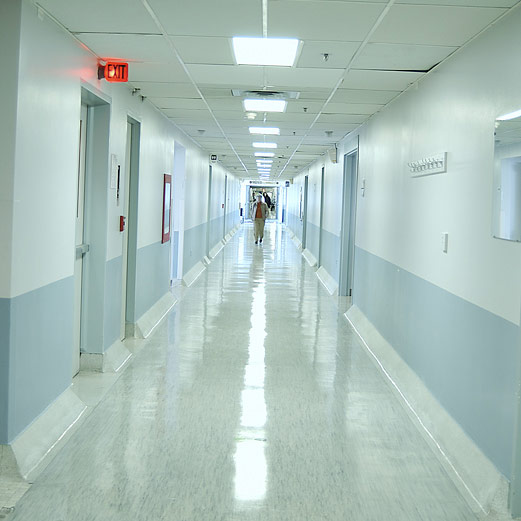
Here are some of the latest health and medical news developments, compiled by the editors of HealthDay:
Spider Silk Used to Create Bulletproof Skin
A Dutch artist used a lattice of human skin cells and genetically engineered spider silk to create “bulletproof skin” that’s able to stop .22 caliber bullets fired at reduced speeds.
But the real value of this bio-art project is that it shows the potential of using this type of biotechnology to cover large wounds, treat people with severe burns and create artificial tendons and ligaments, according to Utah State University’s Randy Lewis, the Associated Press reported.
Lewis and his colleagues recently developed a commercially viable method of manufacturing spider silk fibers using silkworms and goats implanted with spider genes. The genetically engineered spider silk was used in the bulletproof skin project.
The bulletproof skin shows a strength and elasticity that could prove especially helpful to surgeons trying to replace large amounts of human skin, Lewis told the AP.
He hopes to begin animal testing with spider silk materials within two years and noted that it’s already been shown that spider silk is compatible with the human body.
—–
Bacteria From Dog Feces Common in Air of Some Cities: Study
Dog feces may be the source of the most common type of bacteria found in the air of some U.S. cities during the winter, a new study suggests.
Researchers examined air samples collected in winter from Chicago, Cleveland, Detroit and Mayville, Wis., msnbc.com reported.
“To our surprise the airborne bacterial communities of Detroit and Cleveland most closely resembled those communities found in dog poop,” lead author Robert Bowers, a graduate student at the University of Colorado, said in a statement.
“As best as we can tell, dog feces are the only explanation for these results,” Noah Fierer, an assistant professor of ecology at the University of Colorado, told msnbc.com. “But we do need to do more research.”
The researchers want to sample cities across the U.S. to determine if airborne fecal bacteria is a widespread issue.
The study appears in the journal Applied and Environmental Microbiology.
—–
USDA Rejects NYC Ban on Food Stamps for Sugary Drinks
New York City’s plan to restrict the use of food stamps to buy sugar-sweetened drinks has been rejected by the U.S. Department of Agriculture.
As part of its efforts to combat obesity, the city asked the USDA for permission to launch a pilot project to ban food stamp recipients from buying any sweetened beverage with more than 10 calories per 8 ounces, the Associated Press reported.
But the USDA said the program would be too large and complex. Mayor Michael Bloomberg said he was disappointed by the decision.
“We think our innovative pilot would have done more to protect people from the crippling effects of preventable illnesses like diabetes and obesity than anything being proposed anywhere else in this country and at little or no cost to taxpayers,” he said in a statement, the AP reported.
—–

